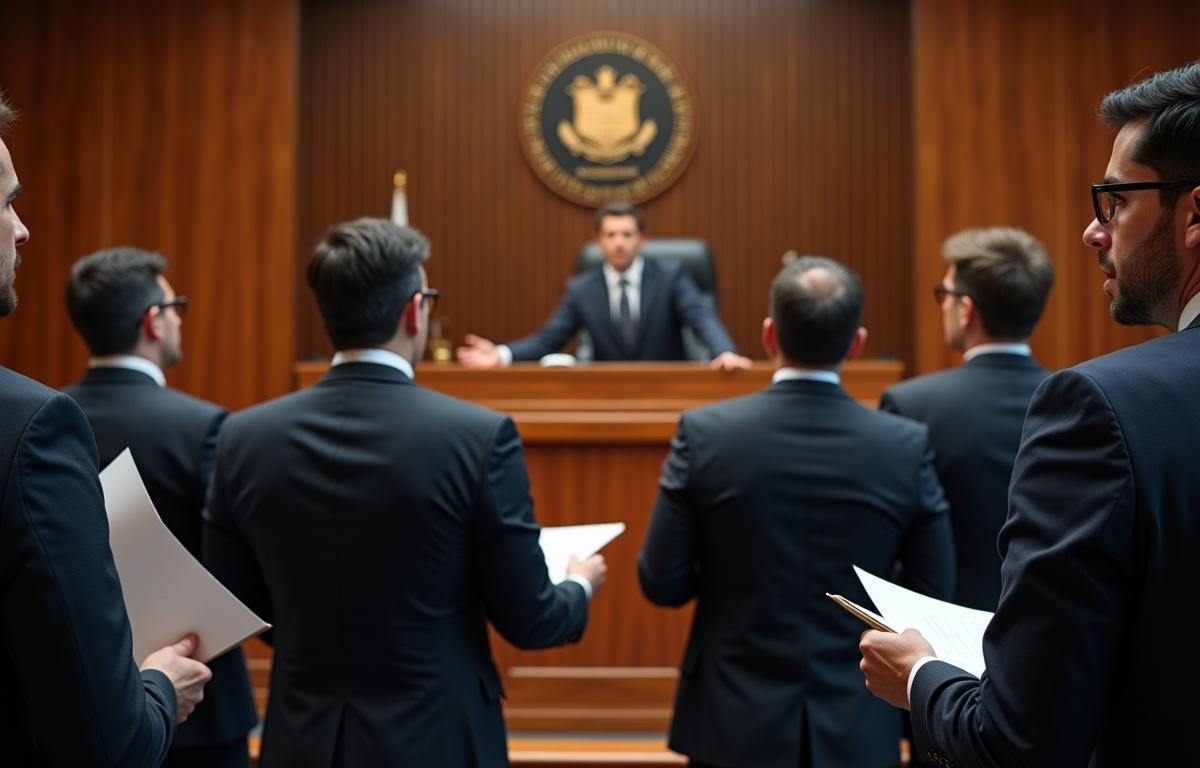Medical device manufacturer Innovasis settled a major lawsuit with the Department of Justice for $12 million over alleged kickback practices. The company and two of its senior executives violated the False Claims Act during a nine-year period from January 2014 through December 2022.
The DOJ lawsuit claimed that Innovasis gave financial incentives to seventeen orthopedic surgeons and neurosurgeons who used their spinal implants in Medicare-covered procedures. These questionable incentives ranged from consulting fees and intellectual property payments to luxury perks that included trips to ski resorts and expensive dinners. The settlement amount breaks down to $11,625,000 from the company, while founder and President Brent Felix will pay $250,000, and former CFO Grant Felix will contribute $125,000.
A former Regional Sales Director for Innovasis started the case by filing a whistleblower claim under the qui tam provision of the False Claims Act. The whistleblower will receive $2.2 million from the settlement amount for exposing these practices. The Department of Justice has stepped up its enforcement of the Anti-Kickback Statute.
Contents
The Innovasis DOJ Lawsuit: What Happened
The Department of Justice took its most important legal action against Utah-based Innovasis Inc in May 2024. This Salt Lake City spinal device manufacturer faced serious allegations about running a kickback scheme.
The lawsuit focused on improper payments to seventeen orthopedic surgeons and neurosurgeons from January 1, 2014, to December 31, 2022. Innovasis allegedly broke the Anti-Kickback Statute by giving financial incentives to doctors who performed procedures on Medicare beneficiaries.
Innovasis’s founder and President Brent Felix and his brother Garth Felix, the Chief Financial Officer, controlled the company’s operations and strategic decisions during this period. Both executives directly arranged the agreements with surgeons who received improper payments.
The compensation went beyond standard payments. The company paid consulting fees above fair market value—sometimes for services that were never delivered. Innovasis also bought intellectual property without proper valuation and never used it for product development.
These kickback arrangements helped Innovasis generate over $60 million in revenue. The lawsuit claimed these improper incentives made physicians choose Innovasis products for government-insured patients. This led to kickback-tainted false claims submitted to Medicare and Medicaid programs.
Inside the Kickback Scheme
Innovasis ran a complex kickback scheme with several payment methods to influence how surgeons made decisions. Investigators found that the company paid seventeen orthopedic surgeons and neurosurgeons through different channels for nine years.
The payments showed up mostly as consulting fees that were inflated—often for work that was never done. The company paid doctors huge sums to buy or license their supposed intellectual property. They never got proper valuations first and never used these acquisitions to develop any real products.
The company didn’t stop at just money. They hosted yearly conferences at a luxury ski resort in Deer Valley, Utah. Their top surgeons got first-class flights, premium rooms, welcome gift baskets, and Innovasis-branded ski jackets. The company’s generosity extended to the surgeon’s staff and families with fancy dinners and holiday parties.
DOJ investigators discovered these kickbacks had a direct impact on patient care. Surgeons who got payments used Innovasis devices much more than others. This broke the Federal Anti-Kickback Statute that bans offering anything valuable to get referrals for Medicare and federal program items.
“Improper financial arrangements can compromise medical judgment. It adversely influence the medical decision-making process,” said HHS-OIG Special Agent Jason Meadows. Principal Deputy Assistant Attorney General Boynton added that patients need to trust that doctors choose medical devices based on quality care, not improper payments.
The Whistleblower and Legal Fallout
Robert Richardson, a former Regional Sales Director at Innovasis, served as the whistleblower. He also brought the DOJ lawsuit to light. While working at Innovasis, he found a troubling pattern where spine surgeons received kickback payments. This influenced their medical decisions toward the company’s spinal devices.
Richardson filed a lawsuit under the qui tam provision of the False Claims Act due to ethical concerns. Private parties can file actions on behalf of the United States. By doing so they can receive 15-30% of any recovery through this legal mechanism.
The Justice Department’s Civil Division, Commercial Litigation Branch, Fraud Section and the U.S. Attorney’s Office for the Northern District of Texas handled the case “United States ex rel. Richardson v. Innovasis Inc., et al., No. 3:19-CV-02440-X (N.D. Tex.)” with HHS-OIG’s assistance.
Richardson will receive $2.20 million as his share of the settlement. The settlement explains the government’s steadfast dedication to curbing healthcare fraud. The False Claims Act serving as one of its most effective tools. The investigation revealed that surgeons who received payments used Innovasis devices at higher rates, which directly impacted patient care.
Summary
The $12 million Innovasis lawsuit shows how seriously the government takes kickback schemes in the medical device industry. These healthcare fraud schemes break federal law. They can also hurt patient care when doctors make decisions based on money rather than medical needs. This settlement sends a clear message to companies trying to boost sales through shady deals with physicians.
Robert Richardson’s role as a whistleblower proved crucial in exposing this healthcare fraud. He ended up protecting both government healthcare programs and patients. His $2.2 million award under the False Claims Act proves how the system rewards people who report wrongdoing.
Medical device companies should definitely pay attention to this settlement. The DOJ keeps cracking down on Anti-Kickback Statute violations, especially when money influences medical decisions. Innovasis made over $60 million from these improper deals. Now the company faces financial penalties, damage to its reputation, and stricter compliance rules.
Patients need to trust that their surgeon picks medical devices based on quality. The device that works best for them – not because they got perks from manufacturers. This case drives home a simple truth: money should never influence healthcare decisions.

